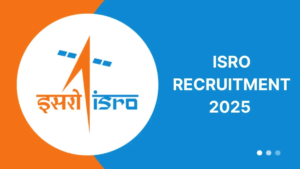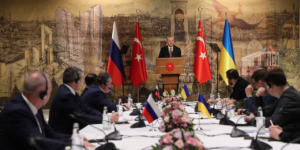The Role of External Powers in Mediating the India-Pakistan Conflict
The relationship between India and Pakistan has been historically fraught with conflict, characterized by territorial disputes, cross-border terrorism, and deep-seated mistrust. Given the enduring nature of this conflict and the potential for escalation, external powers have often attempted to play a role in mediating and resolving the issues between the two nations. This essay will analyze the involvement of countries like the United States and China in these mediation efforts and assess the effectiveness of their diplomatic interventions.
The United States’ Role in India-Pakistan Mediation
The United States has been a significant player in the India-Pakistan dynamic, particularly in times of heightened tension. The U.S. has often acted as a facilitator, using its diplomatic leverage to encourage dialogue and de-escalation. For example, during the Kargil War in 1999, the U.S. played a crucial role in persuading Pakistan to withdraw its forces, thereby preventing a wider conflict. Post 9/11, the U.S. involvement has also been influenced by its strategic interests in the region, primarily the fight against terrorism and the stabilization of Afghanistan. This has led to a complex balancing act, where the U.S. seeks to maintain stable relations with both India and Pakistan while addressing its own security concerns.
China’s Distinct Approach to Mediation
China’s role in the India-Pakistan conflict is distinct from that of the U.S., primarily due to its close relationship with Pakistan. China views Pakistan as an important strategic partner, and this relationship has often translated into diplomatic support for Pakistan on various issues, including the Kashmir dispute. While China officially maintains a position of neutrality and encourages dialogue, its support for Pakistan can complicate mediation efforts. China’s growing economic and military power in the region also adds a new dimension to the conflict, as both India and Pakistan factor in China’s potential influence when formulating their strategies.
Evaluating the Effectiveness of External Mediation
The effectiveness of external powers in mediating the India-Pakistan conflict is a complex issue. On one hand, diplomatic interventions have, at times, helped to prevent escalation and facilitate dialogue. The U.S. role in the Kargil War is a prime example of this. However, the deep-rooted nature of the conflict, coupled with the differing strategic interests of the external powers, often limits the success of these efforts. For instance, while the U.S. may advocate for dialogue and de-escalation, its ability to enforce any long-term solution is constrained by the sovereignty of both India and Pakistan and their own strategic calculations. China’s involvement, while promoting stability in its own way, is often seen by India as an additional challenge in the mediation process.
Conclusion: The Complexities of External Influence
In conclusion, external powers like the United States and China have played a complex and multifaceted role in attempting to mediate the India-Pakistan conflict. While their interventions have sometimes been effective in preventing escalation and facilitating dialogue, the deep-rooted nature of the conflict and the differing strategic interests of the external powers have often limited their overall success. The future of mediation efforts will likely depend on a combination of factors, including the willingness of India and Pakistan to engage in meaningful dialogue, the evolving geopolitical landscape, and the ability of external powers to act as impartial and effective brokers.










